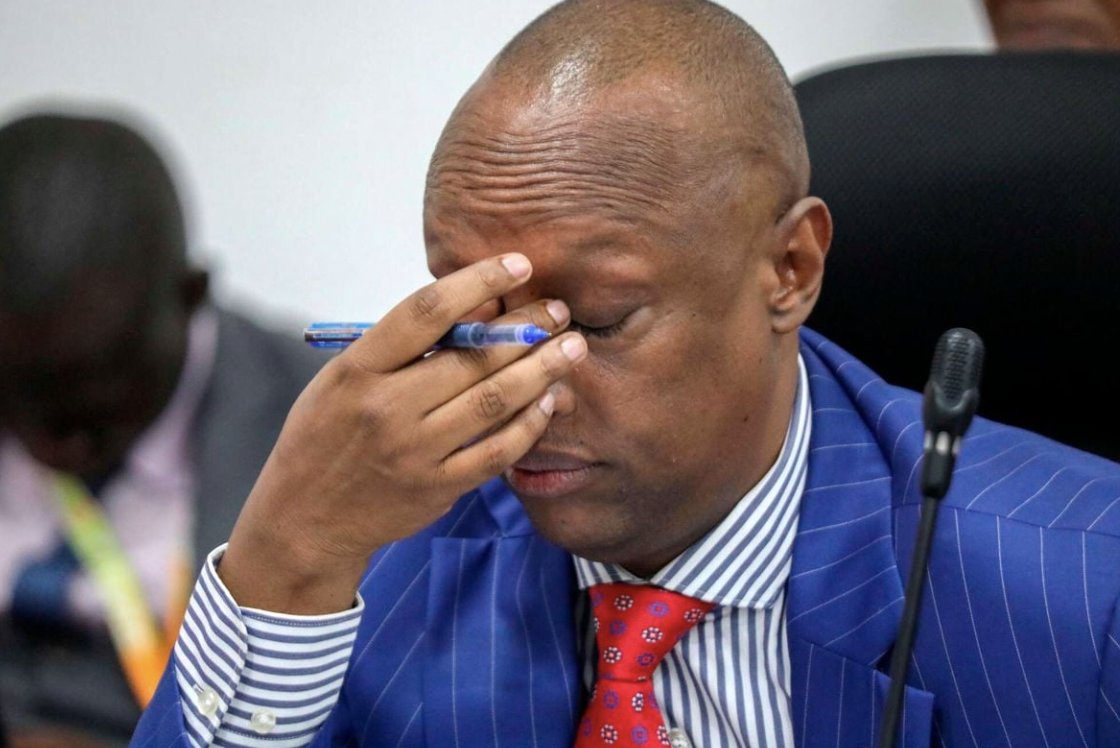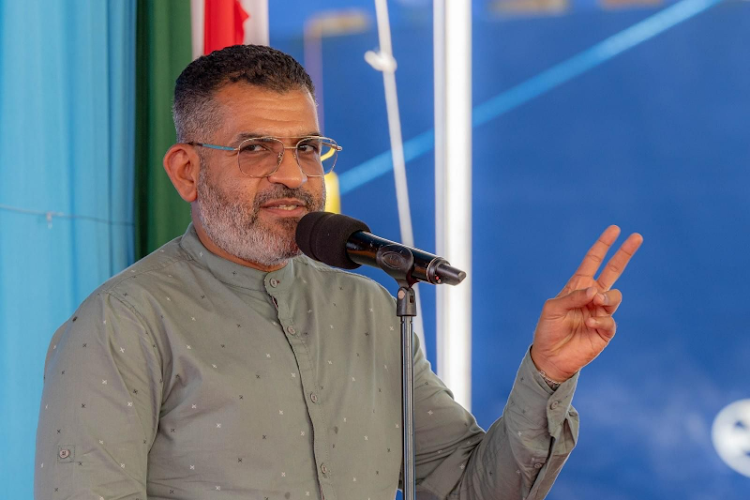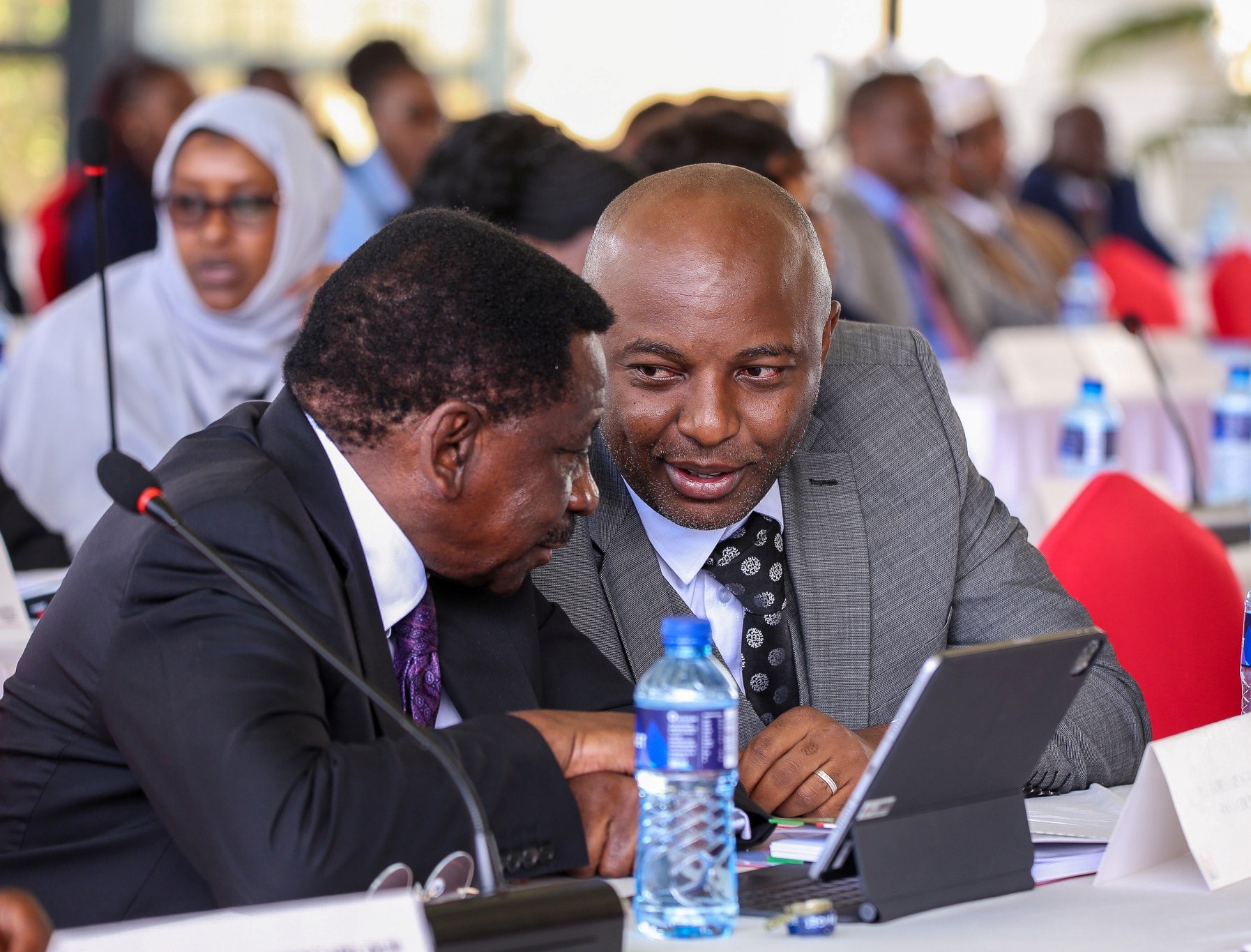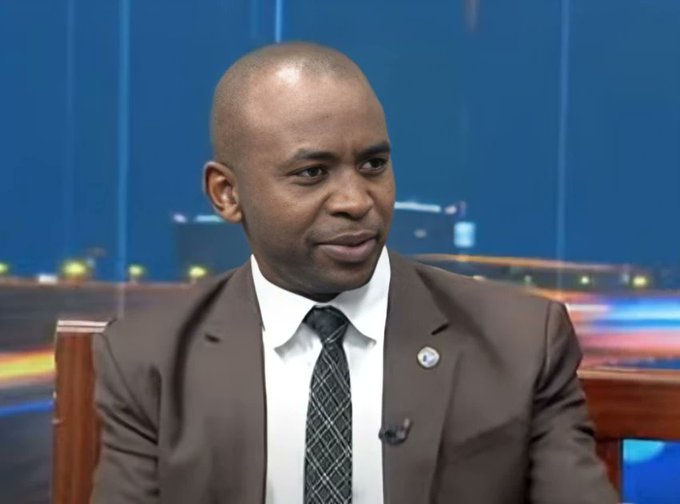By Our Senior Political Reporter
Isiolo Governor Abdi Hassan Guyo found himself fighting for his political life on the Senate floor yesterday, as a tense legal showdown unfolded over his looming impeachment. Facing allegations of abuse of office, gross misconduct and violation of the Constitution, Guyo mounted a forceful defence, urging the Senate to dismiss the motion outright on grounds of illegality and bad faith.
“The documents are forged. The process was hijacked,” argued Guyo’s lead counsel, former Law Society of Kenya President Eric Theuri. He claimed that what had been tabled before the Senate bore no resemblance to lawful impeachment proceedings. “This is nothing short of a manufactured coup attempt,” he charged.
Flanked by a team of seasoned lawyers, including constitutional law scholar Elisha Ongoya and advocate Elias Mutuma, the Governor’s defence launched a multi-pronged preliminary objection, aiming to torpedo the case before it could reach the trial stage.
They pointed to what they termed as “serious procedural irregularities” by the Isiolo County Assembly, including alleged forgery of official records, lack of certification by the Assembly Clerk, and a purported sitting that commenced without the Speaker or any formal communication.
Mutuma, in particular, painted a picture of chaos within the Assembly. “There was no order from the chair, no vote, no oversight. The sponsor of the motion attempted to withdraw it, but no questions were put to the House. Who was even presiding?” he asked.
Adding constitutional weight to their case, Ongoya reminded Senators of a High Court ruling in Meru that had already declared the entire impeachment process null and void. “A competent court has spoken,” he said. “What is before you, legally, does not exist.”
But the Isiolo County Assembly hit back hard. Through their lead counsel, Paul Nyamodi, the Assembly dismissed the Governor’s objections as “tactical diversions” designed to delay accountability. “Impeachment is a time-bound process. Delaying this process undermines the law itself,” Nyamodi told the Senate.
He insisted that all matters raised by the Governor’s lawyers should be argued during the hearing, not as preliminary issues. “We’re ready to cross-examine the evidence. Let the trial begin,” he said. Nyamodi further alleged that the Assembly Clerk had been compromised and was now “serving the interests of the Governor.” His remarks came in response to Senate Majority Leader Aaron Cheruiyot’s pointed question over who the legitimate Clerk of the Assembly was.
Another Assembly lawyer, Boniface Mawira, accused the Governor of fomenting violence and insisted that he should not be allowed to benefit from his misconduct. “We have video and audio recordings. The Governor cannot claim innocence while sabotaging the process,” he said.
Meanwhile, advocate Eric Muriuki argued that stopping the proceedings would unfairly prejudice the County Assembly, which, unlike the Governor, has no alternative forum for redress. “The Governor can always go to court. The Assembly cannot. If the Senate halts this, the case dies here.”
As the Senate weighs whether to proceed to full trial or halt the motion, the political fate of Isiolo’s first-term Governor hangs in the balance. A decision is expected in the coming days, with national interest sharply focused on the precedent it will set, not only for Guyo but for the fragile balance between county executives and their Assemblies under Kenya’s devolved system.





